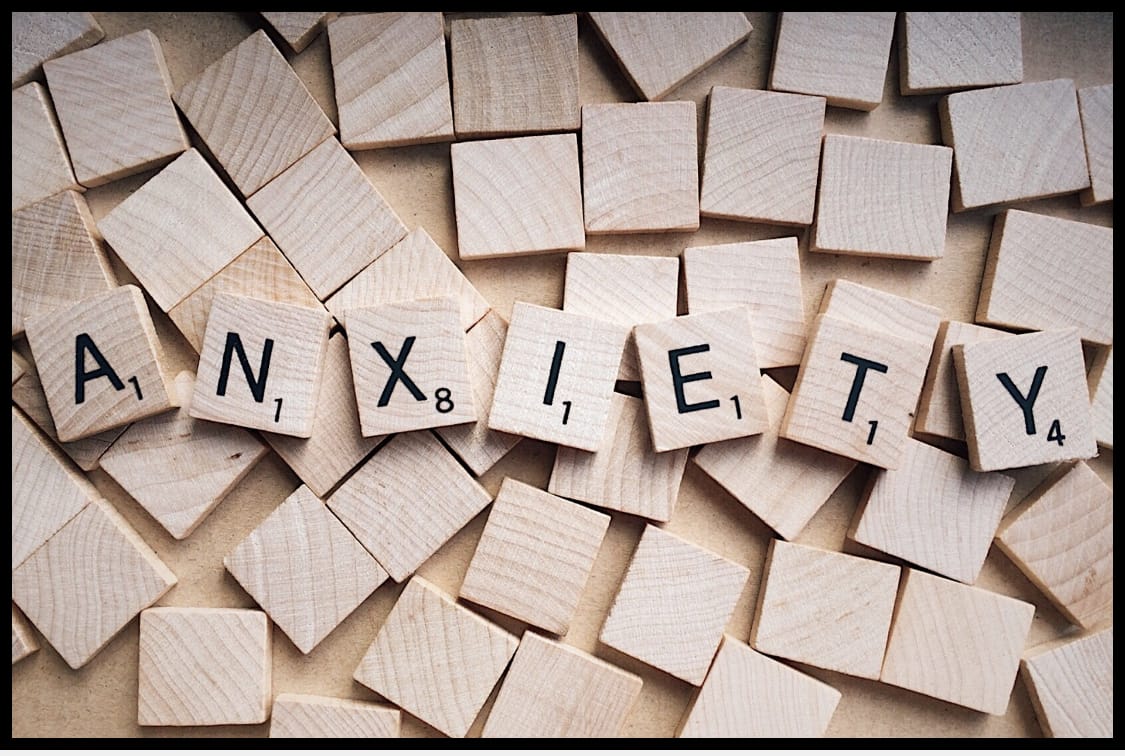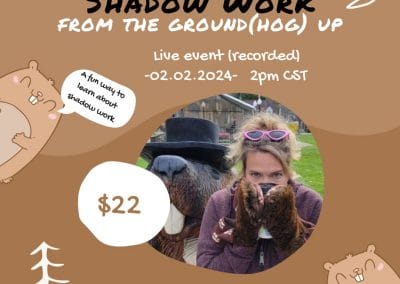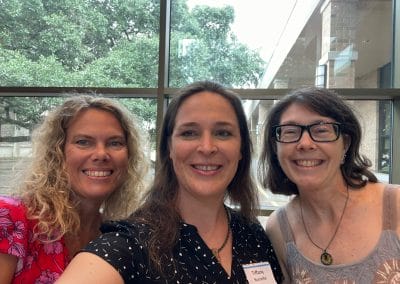Parenting, Stress, and Coping during Covid-19
Parenting is hard. The stress is real, and many families struggle to cope. In fact, levels of high stress were rampant in families well before the pandemic. In 2014 and 2015, the APA reported that teens were reporting high stress levels regarding worries about the future, school, and the family finances. Parents reported higher levels of stress (5.7) than other adults, with most of their concerns being financial or work-life balance related.
In 2020, the APA released its Stress in America survey, which indicated that stress levels have risen, particularly among parents (6.7). The largest stressors were that someone in their family would contract Covid-19 (7 in 10 parents) and worries about changes in routines (e.g., schooling at home, social distancing). Nearly 70% of parents worried about access to basic needs like health care, food, and housing, and 71% of parents worried that these changes would affect their child’s health and social development.
46% of parents said their stress level was between 8-10, while only 28% of nonparents reported high levels (APA, 2020).
These numbers show the huge impact Covid-19 has had on parents and families, so if you’re feeling distressed, you aren’t alone. It’s essential that parents find ways to cope, however, because their distress spills over into their children’s lives. Children in homes with high levels of stress and family conflict tend to have more difficulty in school, emotional and behavioral problems, and even substance misuse in older children and teens.
Read on to see how coping skills can help parents and their children be more resilient during Covid-19
Curious what coaching can do for you?
Schedule your free 30 minute discovery session to find out if coaching is right for you.
Coping skills for parents during Covid-19
Studies show that resilient parents work hard to create positive bonds within the family. They manage their own emotional distress and avoid criticizing each other and themselves. Furthermore, resilient families work together to solve problems, and parents help their children learn to effectively work through problems and stress (Conger et al., 2010).
Helping your family to cope starts with your own self-care.
One of the first ways you can help your family is by making sure you maintain your own self-care. You can’t parent effectively if your emotional bank account is empty. Find ways to decompress. Make sure you’re listening to your body’s needs in terms of hunger, thirst, movement, and need for rest.
And pay attention to your children’s needs, as well. Help them to understand the emotions they are feeling, and reassure them that you are there to keep them safe. The Child Mind Institute has some other tips for parents during this time.
And reach out if you need support. Don’t be afraid to ask friends and family for help. Delegate tasks as you can, at work and at home. And remember that productivity is different right now. It’s ok to drop some things on your to do list in order to make sure that you and your family are healthy in mind, body, and spirit.
I’m here if you need me. Just click the button below.
Coaching packages big and small
If you’re ready to change how you manage change, we can work together to develop the plan and package that’s right for you.








